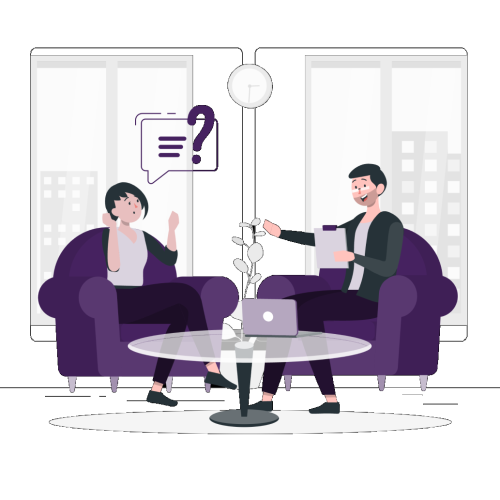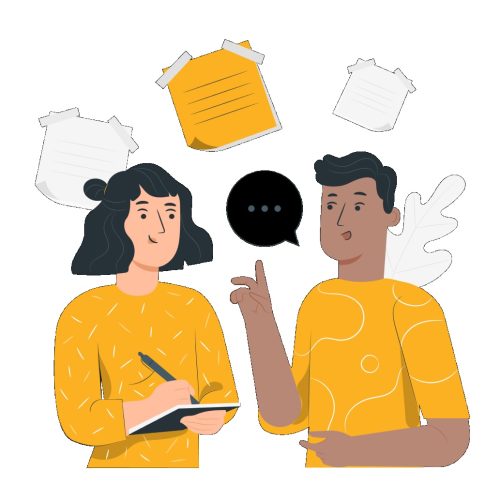

Ability to resolve disagreements and disputes with respect to all stakeholders.
Demonstrates willingness to accept responsibility for one’s actions.
Ability to communicate in multiple forms (e.g., verbal, written) with clarity so that information is received and understood by the audience.
Ability to define a course of action from a set of alternatives to achieve organizational objectives.
Ability to find solutions to difficult or complex problems.
Ability to plan, execute and achieve objectives within a defined scope, budget and set of resources.
Depth of technical knowledge and understanding of how this knowledge is applicable to the position.
@2025 All rights reserved